When the shutdowns ended in the spring, rsv numbers started to rise. By joymala bagchinew delhi [india], september 21 (ani):
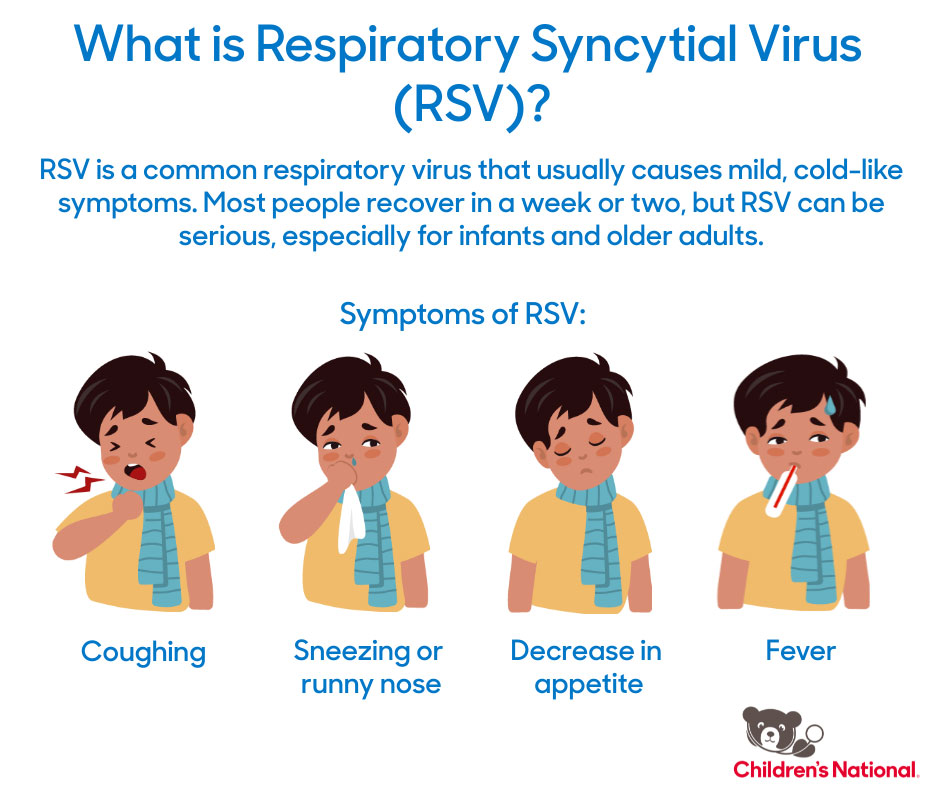
Respiratory Syncytial Virus Rsv - Childrens National
However, babies 1 year and younger are much more susceptible to serious illness.
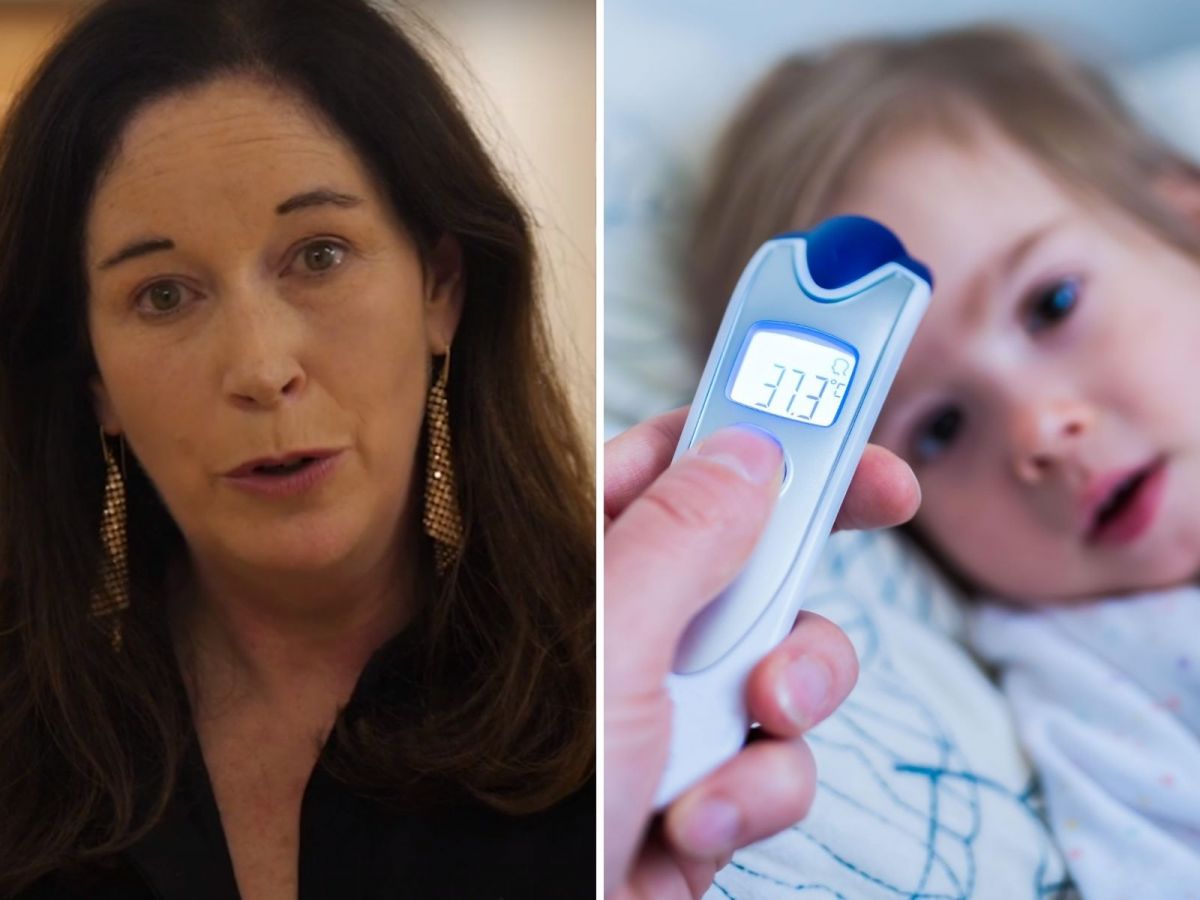
What is rsv in babies covid. But it can be more dangerous in infants and older adults. Most kids have had the virus by the time they turn 2. According to dr dhiren gupta, a senior paediatric pulmonologist at sir ganga ram hospital, the early phase of rsv infection in babies and.
It can spread to the lower respiratory tract, causing pneumonia or bronchiolitis. That’s because covid lockdowns, in which kids stayed at. “the one thing i think is different from last year to this year, with respect to pediatrics is not as much covid,” but rsv,” added desantis.
Rsv infections typically occur in the late fall, winter and early spring, the cdc explains. But while covid is infecting children, desantis says that respiratory syncytial virus (rsv), poses a bigger concern for parents and healthcare providers. Delta is more contagious than previous versions of the virus.
Infants who get an rsv infection almost always show symptoms. Rsv symptoms range from mild to severe and commonly include: Rsv, or respiratory syncytial virus, is a seasonal illness that has been commonly overlooked even though it affects about 97% of children by the age of two.
It also seems to infect kids much more easily. This is different from adults who can sometimes get rsv infections and not have symptoms. Respiratory failure may be more serious in rsv positive infants and rsv infection may be more dangerous for the neonatal period.
Respiratory syncytial virus (rsv) is such a common virus that nearly all adults and young children are affected by it sooner or later. Rsv is a seasonal virus that primarily affects children, and it’s really common. According to the houston chronicle , texas children’s hospital in houston has reported 25 cases—“and counting”—of children with both rsv and covid.
In addition to the common fever and cough symptoms, there are some differentiating symptoms. Babies at high risk for severe rsv may need medicine to help prevent it. Rsv infection can be more serious in the neonatal period.
In most cases, it’s fairly harmless and recovery is quick. Respiratory syncytial virus (rsv) is a very common respiratory illness that can present with a runny nose, fever, wheezing, and a cough. Respiratory syncytial virus (rsv) is emerging as the latest post covid symptom among infants and young children, said a paediatric expert on tuesday.
People over the age of 50 or those with heart or lung disease are also at risk for complications, and they can catch rsv from babies, toddlers and older kids. In infants, rsv can cause pneumonia or bronchiolitis, an inflammation of the small airways in the lungs. It spreads when a cough, a sneeze or even a loud conversation sends respiratory droplets flying through the air.
Respiratory syncytial virus, more commonly known as rsv, is a virus that spreads from person to person when the infected individual touches the other individual via hand contact. Rsv can cause a fever, cough and runny nose credit: Rsv cases are higher than typical for this time of year, as well as other bugs.
Pia pannaraj, an infectious diseases specialist at children’s hospital in los angeles told npr. In very young infants (less than 6 months old), the only symptoms of rsv infection may be. Respiratory syncytial virus (rsv) is a frequent cause of the common cold during the winter months each year.
Ask your baby’s health care provider if your baby needs this medicine. This includes an unseasonal surge in an infection called the respiratory syncytial virus (rsv), in children as young as two months old. It’s not uncommon for kids to contract two respiratory viruses at once.
Respiratory syncytial virus, or rsv, is a viral infection common in children. Rsv is a common viral infection that can cause serious infections in infants and young children. The rsv rise mirrors a rise in coronavirus infections due to the new delta variant.
Babies 6 months and older. Rsv typically affects children more harshly than adults and can be particularly dangerous to infants, according to the cdc.
Efcni - Do You Know The Signs Of Rsv Rsv Usually Occurs Seasonally This Means Mainly In The Cold And Rainy Months Such As Autumn Winter And Early Spring In Temperate Northern

Rsv Outbreak In Children Even More Contagious Than Covid Newstalk
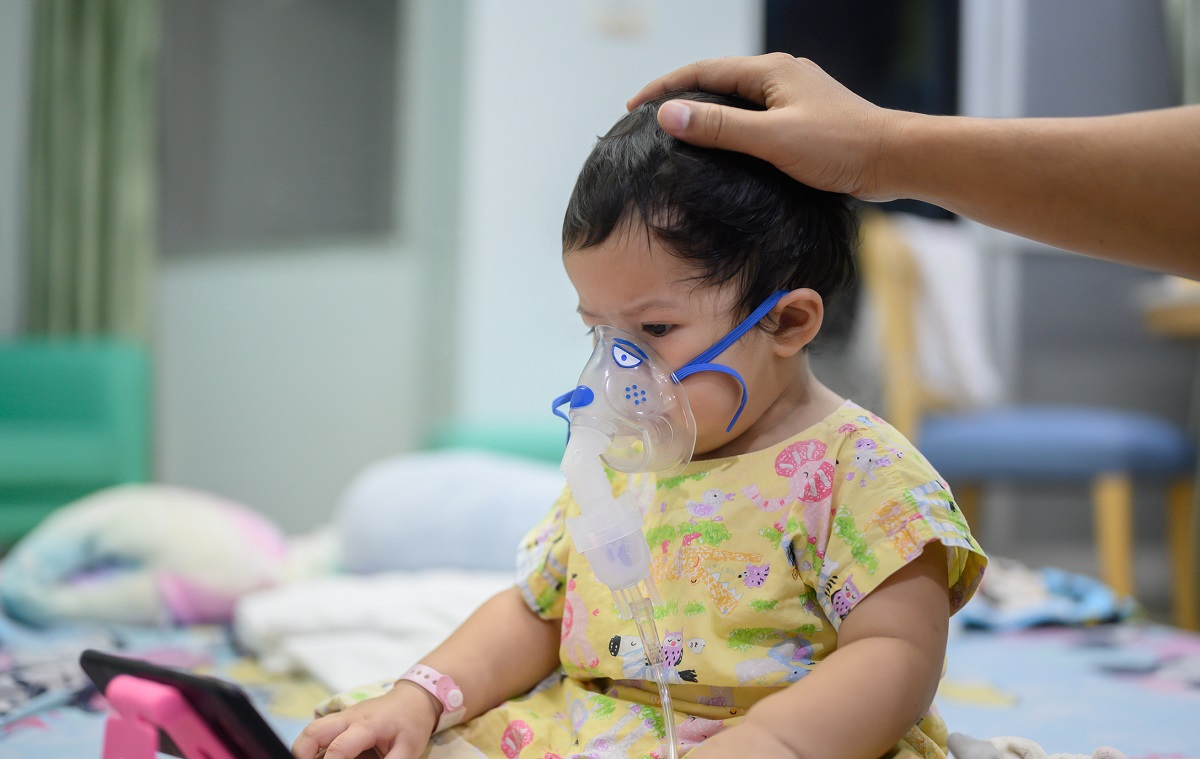
The Medical Minute What Parents Need To Know About A Rise In Rsv Penn State University
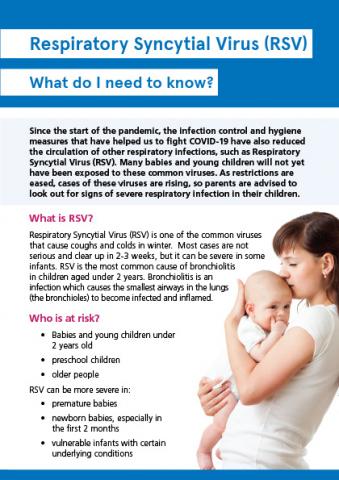
Respiratory Syncytial Virus Rsv What Do I Need To Know Hsc Public Health Agency
How To Tell The Difference Between Rsv And Covid-19

The Abcs Of Rsv Signs Symptoms University Of Utah Health

Raising Rsv Awareness The Minor Cold That Can Threaten Your Babys Life - Luminex Emeaindia
/cloudfront-us-east-1.images.arcpublishing.com/gray/XZLWUO4MWVJ3VNQOHV3GXG75T4.jpg)
Its Not Coronavirus Doctors Remind That Respiratory Virus Rsv Targets Babies Children
Rsv

Is It Rsv Or Covid Here Are Symptoms Parents Should Watch For Huffpost Life
Mangere Health Centre Ltd - Rsv Respiratory Syncytial Virus Is In Full Force In Our Communities And It Is Important That We Work Together To Stop The Spread Of Infection And Keep

Hospitals Noticing Rising Number Of Rsv Cases Among Young Children Infants In Indiana This Summer

Bronchiolitis And Rsv After Hours Kids Physician Assistants

Rsv Vs Covid-19 What Parents Need To Know Rise In Rsv Cases

Viral Concerns Keep Your Children Safe From The Rsv Virus Lee Health
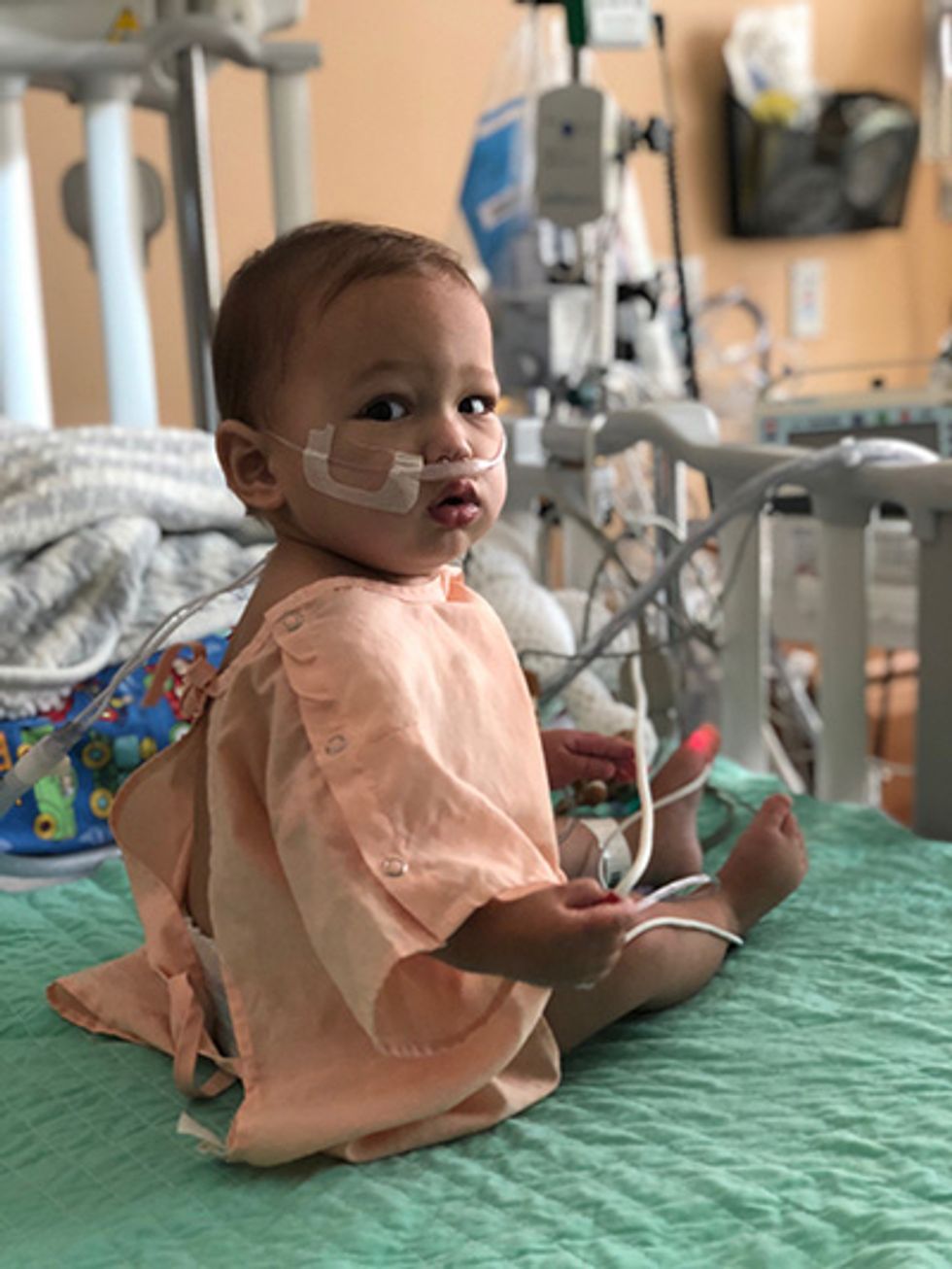
Rsv It Can Happen To You - Healthywomen

How Do Babies Get Rsv - Fatherly Fatherly
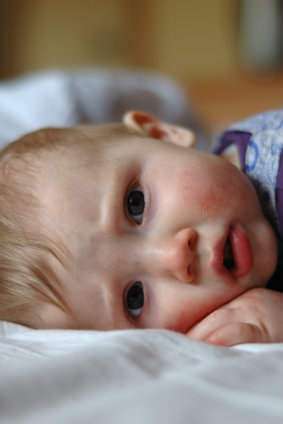
10 Things Every Parent Should Know About Rsv Respiratory Syncytial Virus Montreal Childrens Hospital

Rsv In Infants Everything Parents Need To Know Parents



